This is a republished article from Kobby Graham
There’s a way that DJing has changed that is hard to explain to people who weren’t there before the change happened.
Today, I scroll through Instagram and TikTok, and it’s completely normal to see one reel after another of one DJ surrounded by a room of eager dancers.
The clips are brief enough to capture a single transition from one song to another, before quickly zooming in on different faces for different reactions.
Some look genuine, but most feel staged: as though the DJ gathered their friends and made them rehearse their joy.
While I don’t think it’s their fault, Boiler Room helped birth this moment. What I love about their format is how they showcase DJs as artists in their own right.
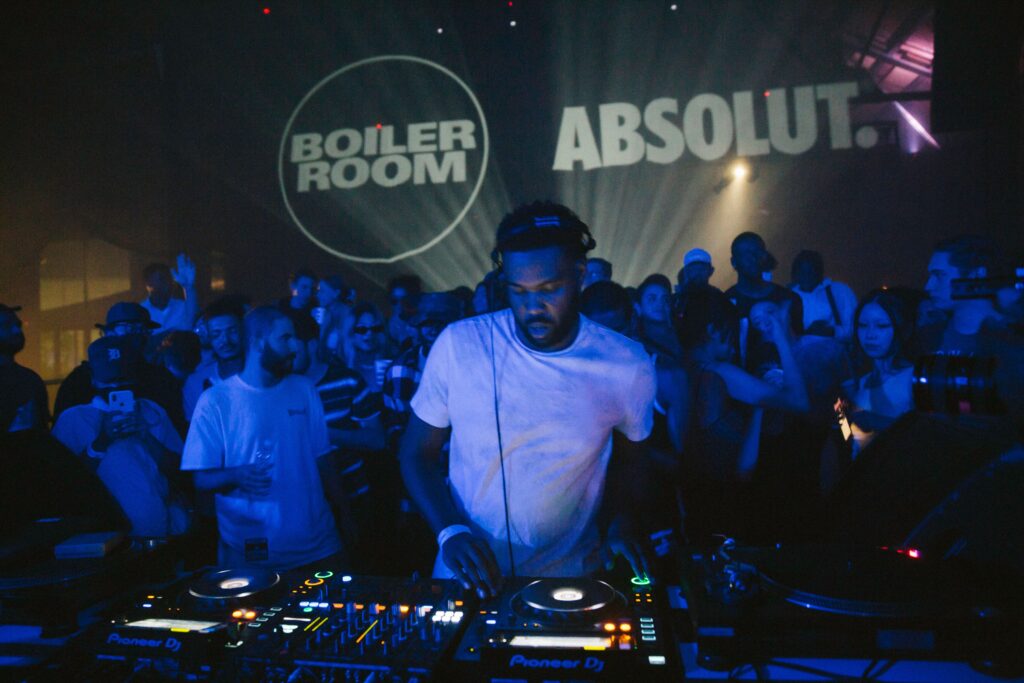
However, the Boiler Room effect has also made the act of DJing a thing to be performed for a lens, and it’s been a slippery slope ever since.
The best DJs have always found ways to make spectacle serve the music, but many – maybe even most – seem to have it the other way around.
Accra 2017
I sometimes think back to when we started Soul & Motion at Rema’s Bar, almost twenty years ago; back when we were still trying to build what has now become quite a diverse alternative scene here in Accra.
We loved music, but we needed somewhere to play all the sounds that we didn’t hear on radio.
Accra always seems determined to move in threes or fours: R&B, hip-hop, dancehall. Three genres and little space for anything else until hiplife came along. Today, it’s afrobeats, R&B, and amapiano, with hip-hop catching some leftover love.
Back then, Aphrodisiac was probably the biggest club in town, and it was mostly one big dancefloor. Rema’s was smaller, but we made it ours.
We followed a format we’d seen in London: free entry, no VIP sections, no bottles. Just a bar, a dancefloor, and the pleasure of strangers moving in time together. A house party outside your house.
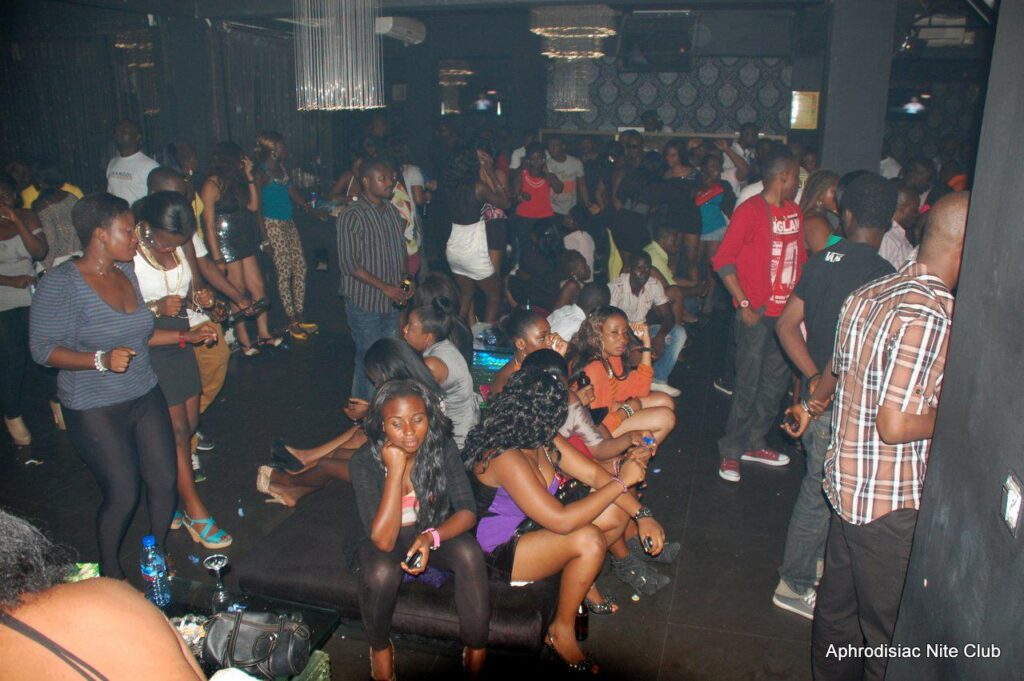
We didn’t turn much of a profit, but we played neo-soul, funk, old-school hip-hop, and a lot of Ghanaian tracks that didn’t fit the mainstream but deserved to.
People loved it and came to every event. The joy of Soul & Motion was that you got to hear the music you only ever heard in your home, and to dance to it in communion with others.
I remember Reggie Rockstone becoming a regular; not because it was trendy, but because it was the only place he would hear the breakbeats that took him back to his breakdancing roots.
When New Outweighs Good
It was beautiful until it wasn’t.
When Rhapsody’s opened at the Accra Mall, people drifted away from Rema’s. Not because the music changed, but because Rhapsody’s had that new shine. And I can’t lie: it broke my heart.
It was my first real lesson about Accra upon returning from London: that we often chase what is new and shiny instead of chasing quality.
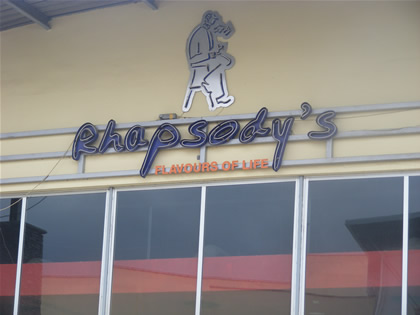
To hunt for music and build sets like you’re building homes for people to live inside, at least for a night, only to watch those same people vanish – not because the home wasn’t beautiful, but because someone else had a new lick of paint – was rough.
After a little while, I stopped building. People who used to go to Rema’s still ask me why we stopped. I remind them that it’s because they stopped coming.
Maybe it’s understandable. For decades, Accra didn’t have a lot of venues, especially after the military curfews of the ’70s sent so many of our musicians packing to places like Hamburg (where they birthed burg-er highlife). After democracy stabilized things somewhat, people flocked to see every new venue.
But now? We have more venues than we know what to do with, yet carry the same scarcity mindset. Instead of choosing spaces by the music they serve, we chase the prettiest, most Instagrammable rooms.
Overpriced drinks in hand. Overpriced food in front of us. The music doesn’t need to be great, just good enough.
After all, we’re not even there to dance.
Shisha Pipes and Vanishing Dancefloors
A friend recently sent me a TikTok in which a British/Ghanaian woman talked about how Accra’s clubs have changed. Where venues used to be 80% dancefloor, they are now 95% tables and shisha pipes.
“You can’t dance behind a table,” she complained.
She went on to make a compelling point: Ghanaian music isn’t as globally dominant as it could be because the dancefloor has been taken away.
She is not entirely wrong.
Dancefloors have always been crucibles: spaces where new sounds find room to breathe and bodies to test them. The global rise of house music, for instance, is deeply rooted in Chicago’s underground clubs, where DJs and dancers co-created a sound that still echoes worldwide.
Similarly, the UK’s grime scene found its footing in intimate venues, where the energy of the crowd directly shaped the music.
Emerging in Ghana in the early 2010s, Azonto did the same. It was not just a genre but a dance culture that captivated both local and international audiences. It demanded bodies moving and fed on their energy; prioritizing movement and participation over passive listening.
Without dancefloors, the sound stops being something to lose yourself in; reduced to something to listen – or pose – to. The feedback loop between music, movement, and movement-building gets broken.
It’s tempting to blame venues like Bloom Bar, but the trend reflects the broader way in which nightlife – and much of our economy – has been shaped over the years.
A Shift Towards Static
It does seem like venues that once boasted expansive dancefloors are now reconfiguring their interiors to fit more tables and VIP sections, in the name of maximizing revenue per square foot. And I get it.
Owning a club in Accra is tough. Just ask Bloom Bar, which went from being a nightlife heavyweight here to japa’ing to Atlanta. Organizers and venue owners must turn a profit to survive.
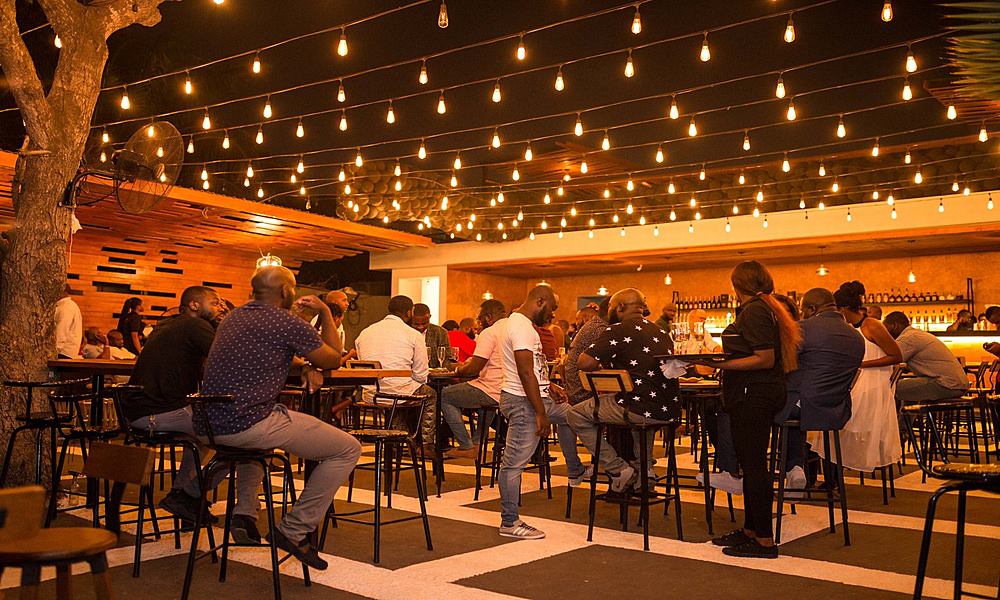
So if dancing is not making people thirsty enough to buy drinks, why won’t they shrink the floor?
The alternative is to increase the cost of drinks, but I think the problem arises when they try to do both. Something gets broken.
I recently watched another TikTok from a restaurateur who seemed to think that mocktails are booming at his Accra establishment because Ghanaians have a religious aversion to alcohol.
If only he knew that yesterday’s price is not today’s price, and Accra’s wallets are tired.
Finding business models that honour the dancefloor’s cultural value, rather than its immediate profitability, is harder than ever. But the cost of chasing money may well be the soul of both our nightlife and our music.
But even tourists have started complaining about Accra’s exorbitant prices. Soon, they will go elsewhere, leaving our business to woo back the locals waiting for them on the other side of Christmas.
How We Lost the Floor
The disappearance of dancefloors isn’t just about tables taking their place. It’s about class. Nightlife spaces have been reimagined as luxury experiences meant to exclude as much as include.
To quote my girlfriend, “The elite moved like they’re the only ones deserving of fun, and now we’re all bored at home.”
It didn’t have to be this way.
It’s tempting to blame venues like Bloom Bar, but the trend reflects the broader way in which nightlife – and much of our economy – has been shaped over the years.
The Ghanaian business approach is often to chase fast profits (aben wo ha) by targeting the few, rather than the dabi dabi ebeye yie of building scale.
Yet some of our most successful industries grew by taking the opposite path. Mobile phone companies drastically slashed the cost of SIM cards, unlocking massive adoption.
Kasapreko revolutionised the alcohol industry by producing smaller, more affordable alternatives. Local language radio stations have listenerships that their English-speaking equivalents can only dream of.
Thinking about the masses builds stronger, more resilient markets.
The nightlife industry still insists on cutting-and-pasting imported models, setting prices at levels that automatically exclude large swathes of Ghana, and leaning on the language of “target markets”: shorthand for catering to middle-class or elite clientele.
The problem is that Ghana’s middle class is unstable – hence mocktails – and our elite is just too small. This is why so many venues are forced to wait for Detty December to turn any kind of profit and why they are forced to shoot prices through the roof if they are to recoup the rest of the year’s losses.
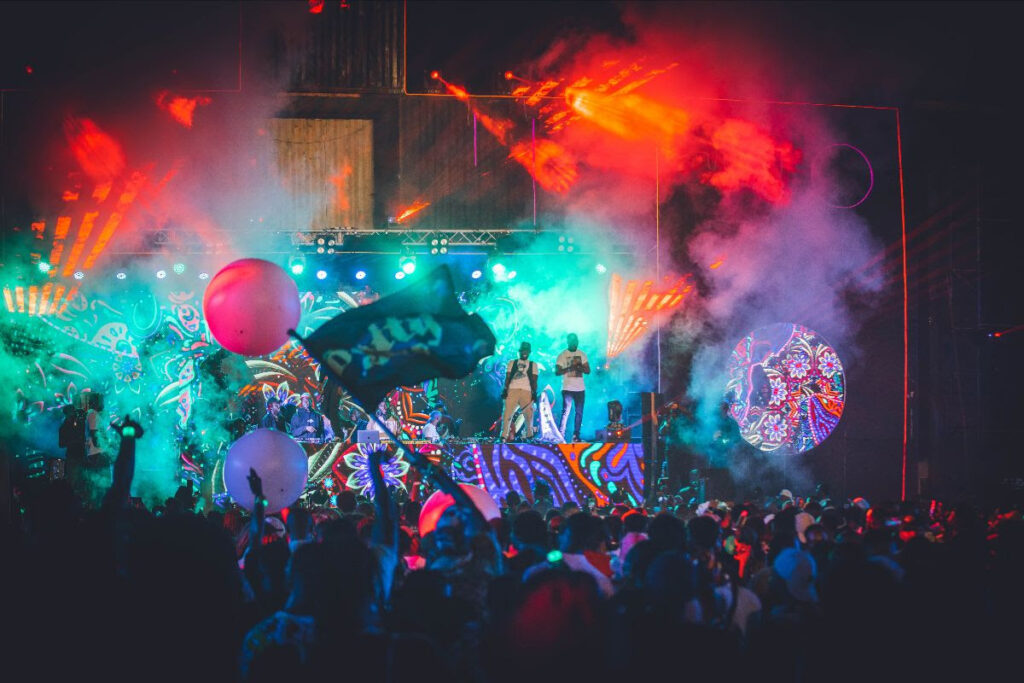
But even tourists have started complaining about Accra’s exorbitant prices. Soon, they will go elsewhere, leaving our business to woo back the locals waiting for them on the other side of Christmas.
How do we create venues that can balance financial survival with cultural stewardship? Is sliding scale pricing an option? Mixed spaces with both standing and seated areas? Booking diverse creatives who draw varied crowds?
I know more about culture than I do about business, but I’ll say this: culture and quick turnovers rarely mix well. Vibe requires long-term investment and time that business people rarely have.
But unless we figure out a way, the future of our dancefloors – and the music that lives on them – will look a lot like present-day Accra: Beautiful but hollow. Full of tables but empty of movement.
For the Culture
All that said, trends happen in cycles. Things come. Things go. Things return. History repeats.
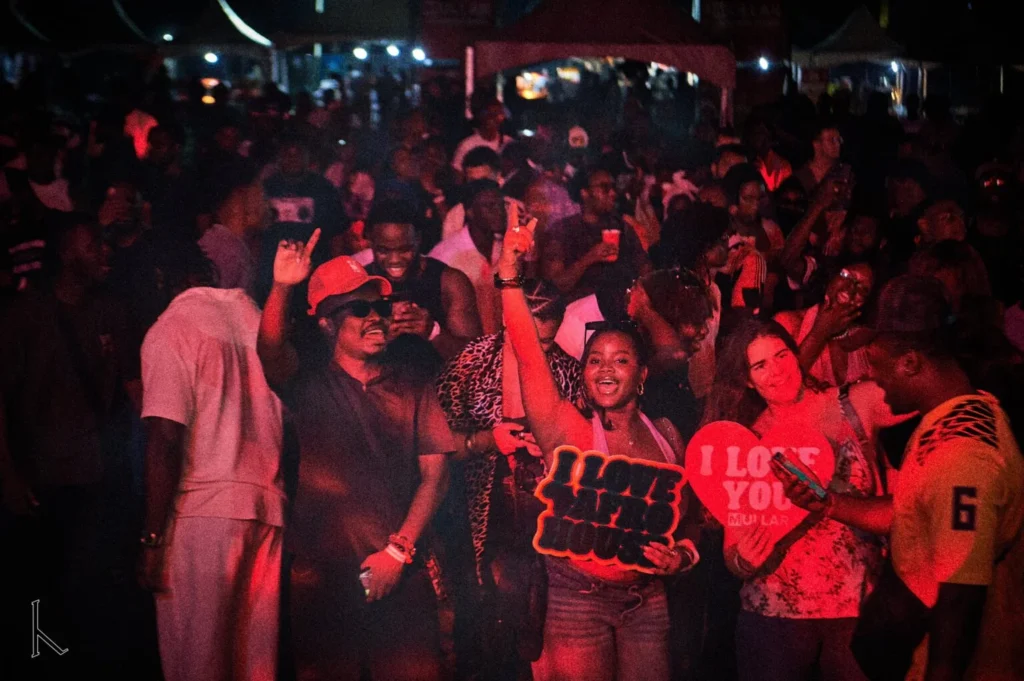
Shoutouts to the corner spots who cater to anybody who walks in; to events like Fake Fridays, Cultpop Worldwide, iMullar Sound System, and Communion – packed with young people, far from mainstream view – where new, young DJs are learning to balance spectacle with great music.
Everyone else? Take note. The dancefloor is more than just a physical space: it’s a vital component of Ghanaian culture. And that too is something we must keep in mind if we want our music to grow.





